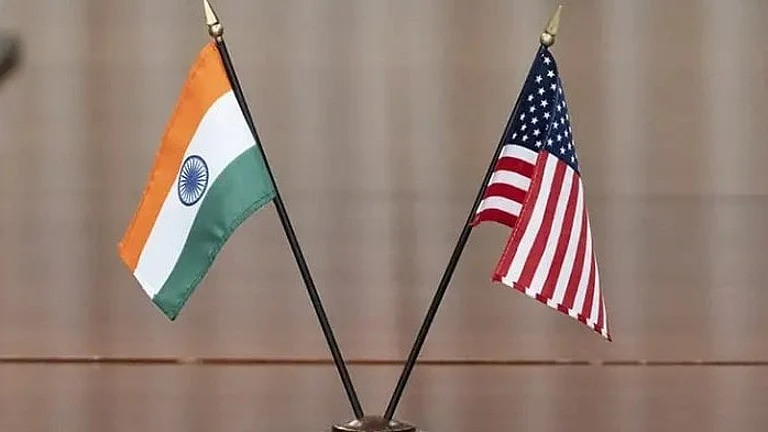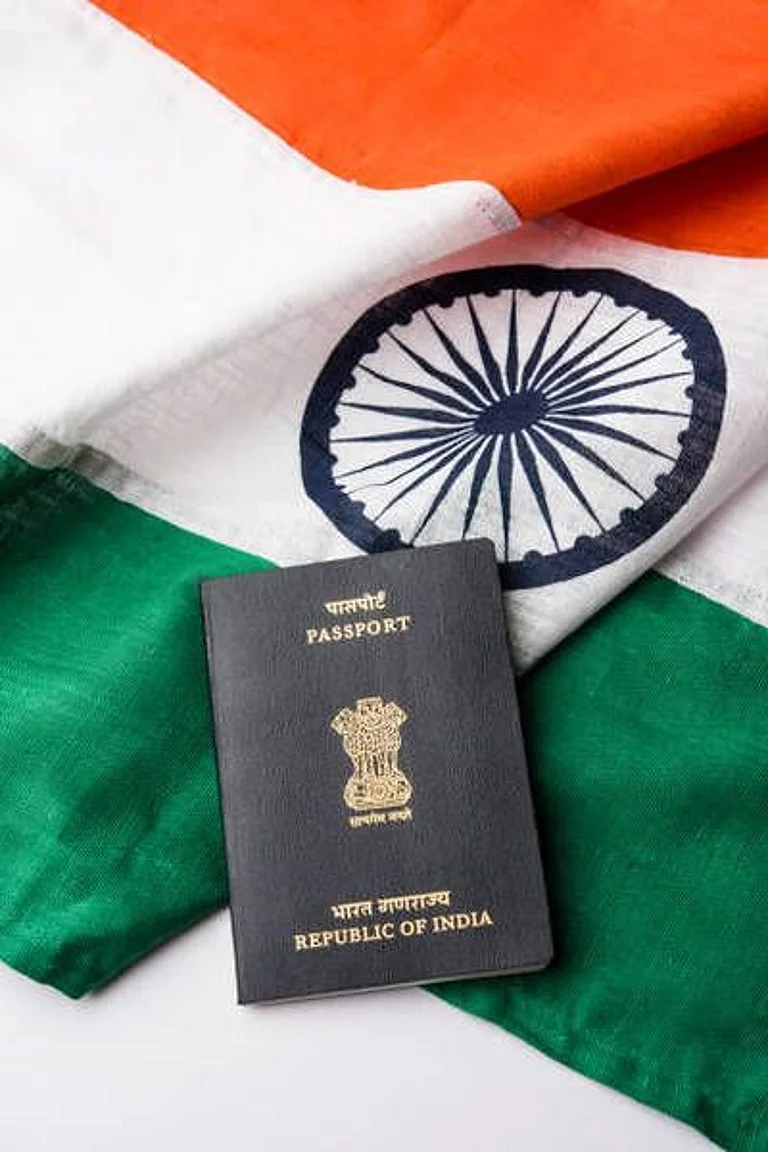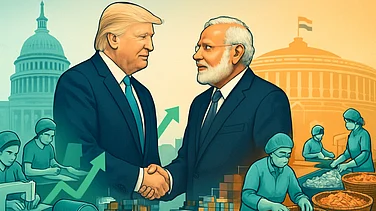US President Donald Trump at an AI Summit in Washington on Wednesday asked US tech giants to stop hiring overseas, including in countries like India, India Today reported. Delivering an uncompromising directive to the Silicon Valley leaders, he said “the days of…hiring workers in India are over.”
“Many of our largest tech companies have reaped the blessings of American freedom while building their factories in China, hiring workers in India and stashing profits in Ireland… Under President Trump, those days are over,” Trump said. “Winning the AI race will demand a new spirit of patriotism and national loyalty in Silicon Valley and long beyond Silicon Valley.”
He reportedly ridiculed big tech’s “globalist mindset” of offshoring jobs and profits, asserting that companies like Google, Microsoft, Apple and others must “put America first” by creating jobs on US soil rather than recruiting talent abroad.
Trump framed this ultimatum as part of a broader campaign to ensure that American innovation, and its economic benefits, remains exclusively domestic.
Trump's Executive Orders
As per the report, Trump signed three AI‑focused executive orders at the summit. The first, titled “Winning the Race,” unveils a national strategy to accelerate construction of data centres and remove regulatory bottlenecks slowing AI infrastructure in the US.
The second mandates that any AI tools developed with federal funds be politically neutral, effectively banning what Trump calls “woke” AI models in government projects.
The third order aims to back the global competitiveness of American‑made AI by streamlining exports and incentivising end‑to‑end AI development within US borders.
Trump's Tech Nationalism
Trump’s recent remarks reflect a broader wave of tech nationalism, where he positions US technology jobs as being threatened by an overreliance on foreign, particularly Indian, labour. He has repeatedly argued that American tech firms have grown “addicted” to hiring cheaper overseas talent, resulting in fewer opportunities for US citizens.
During his previous term, this ideology led to a sharp decline in visa approvals between 2017 and 2020, leaving many Indian professionals and their families in a state of uncertainty.
Now, Trump’s camp appears to be preparing for an even more aggressive push. His platform emphasises the need to “end corporate outsourcing” and “bring jobs back from India and China.”
Indian Professionals: Backbone of US Tech
Indian nationals form a critical pillar of the US technology workforce. In fiscal year 2023, India‑origin applicants secured 72.3% of the 386 000 H‑1B visas granted, underscoring the dependence of US firms on Indian STEM talent.
Major IT services firms, Infosys, TCS, Cognizant, Wipro and others, are consistently among the top petitioners for H‑1B workers, deploying thousands of software engineers and data scientists to US projects each year.
Beyond visa holders, Indian nationals also represent 27% of all international students enrolled in American universities, over 420 000 individuals, many of whom transition to the workforce through Optional Practical Training (OPT) before applying for H‑1B status.
Trump’s hiring ultimatum has affected both US tech companies and Indian IT exporters. Outsourcing giants fear project delays, visa processing bottlenecks or outright denials could drive clients to seek talent in other markets.
Impact on Indian Students and OPT Pathways
The most vulnerable group are the nearly 98 000 Indian students who participated in OPT during the 2023–24 academic year. OPT, crucial for graduates to gain “on‑the‑job” training before securing an H‑1B, has long faced legal and political scrutiny.
Under Trump’s aggressive stance, students fear heightened visa denials, stricter SEVIS monitoring and potential revocation of work authorisations. Already, a contraction in OPT approvals has prompted many Indian graduates to explore alternative destinations, including Canada, Australia and Germany, to launch their careers.
Trump’s “No More India Hiring” declaration and accompanying executive orders signal a new trend of US tech protectionism. While aimed at safeguarding American jobs and reinforcing national security, these measures risk undermining the global talent pipeline, disrupting the Indian IT export engine and hampering the flow of emerging innovators trained on American campuses.


































